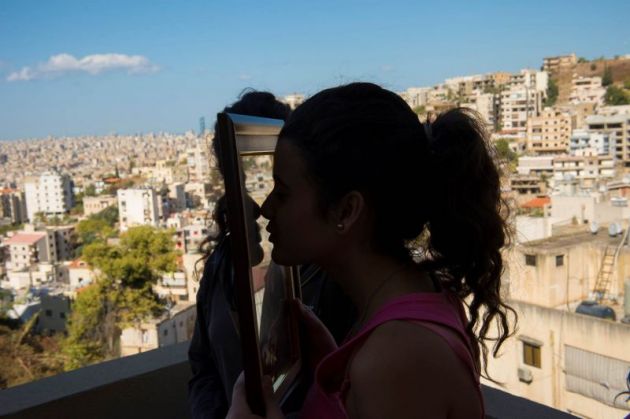Holy Land Catholic leaders condemn Damascus church bombing

Following the lethal bombing of the St. Elias Church in Damascus, Syria, the Assembly of the Catholic Ordinaries in the Holy Land has condemned the violence and called for the protection of Christians.
Hundreds of believers had gathered on Sunday (22 June) for an evening service at the Greek Orthodox Saint Elias Church in Dweilaa, on the outskirts of the capital, when a man opened fire before detonating himself with a vest, Open Doors reported.
"I was preaching when the shooting began," recalled Father Baselios, the priest at Saint Joseph Church, which is close to Saint Elias Church.
"Then came the screams. Everyone instinctively dropped to the ground. The fear... it was unspeakable. We were all in shock, paralysed by the horror.
Following the suicide bombing of St. Elias Church in Damascus—which killed 25 people and injured 63 others—the Assembly of Catholic Ordinaries of the Holy Land issued a statement expressing its "profound shock and deep revulsion."
They said it was an act of unspeakable evil, Vatican News reported.
The Assembly of the Catholic Ordinaries in Holy Land (ACOHL) brings together the Bishops/Eparchs/Exarchs of the Catholic Church holding jurisdiction over the territory of the Holy Land in Jerusalem, Palestine, Israel, Jordan, and Cyprus.
"There is no justification—religious, moral, or rational—for the slaughter of innocents, least of all in a sacred space," the ACOHL statement continued.
The Assembly argued that claiming faith as the reason to justify this violence "is a grave perversion of all that is holy."
- 'UNSPEAKABLE EVIL'
It is an act of "unspeakable evil—a crime against humanity and a sin before God."
The statement referenced the Pope Francis-signed Document on Human Fraternity (Abu Dhabi, 2019), and the Assembly highlighted that this attack violated the right to worship in peace and safety:
"The protection of places of worship—synagogues, churches and mosques—is a duty guaranteed by religions, human values, laws and international agreements," said the church leaders.
"Every attempt to attack places of worship or threaten them by violent assaults, bombings, or destruction, is a deviation from the teachings of religions."
The Assembly extended its condolences to the Greek Patriarchate of Antioch and All the East, condemning the "barbaric act" and rejecting "ideologies that seek to justify violence in the name of religion."
Reflecting on Pope Leo XIV's words from an address at the Vatican on June 22, the statement said, the Assembly praying that "the swamps of hatred and fanaticism be decisively eradicated so that the peoples of the Middle East—and beloved Syria in particular—may finally live in peace, dignity, and shared humanity."
They expressed their solidarity with all the Christian communities in Syria who have been living for years with persecution. The statement offered prayers for the victims, healing for the wounded, and comfort for the families affected.
In Christian neighbourhoods in Damascus, hundreds of people from all religious backgrounds took to the streets in protest, condemning the attack and urging the government to arrest those responsible.
Although Syria's population of around 24 million counts 87 percent of them as Muslims, Christians account for about 10 percent of the population, according to the CIA Factbook.
According to the Syrian authorities, the suicide bomber was affiliated with the group calling itself Islamic State (IS), Open Doors said.
In an operation following the attack, six people with links to IS have been arrested, whilst two have been killed – one who helped the suicide bomber enter the church, and the other who was preparing for another attack in Damascus. Explosives and weapons were found. As yet, IS have not claimed responsibility for the attack.